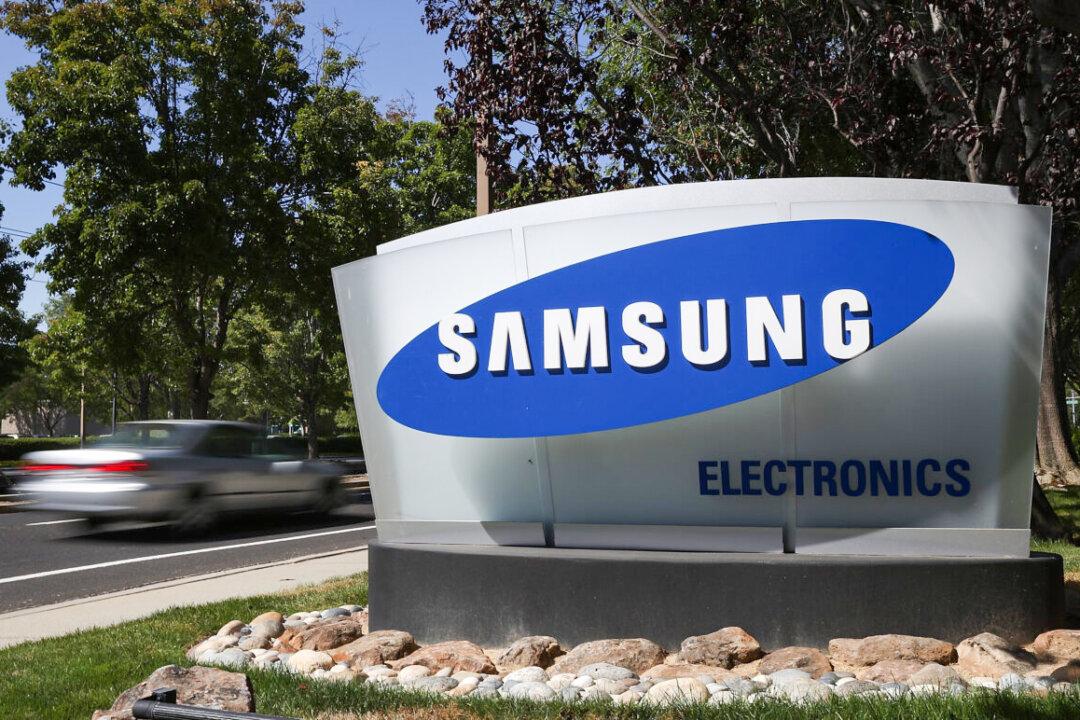A recent South Korean study shows the country’s semiconductor market share in China shrunk 5.5 percent compared to 2018, citing the effect of U.S. sanctions on China.
According to the Yonhap News Agency, the study was conducted by the Federation of Korean Industries (FKI), an economic association for domestic industries in South Korea. It analyzed the market share changes in China’s semiconductor imports in 2021 compared to 2018, the year before the United States imposed sanctions on China’s semiconductor industries.





